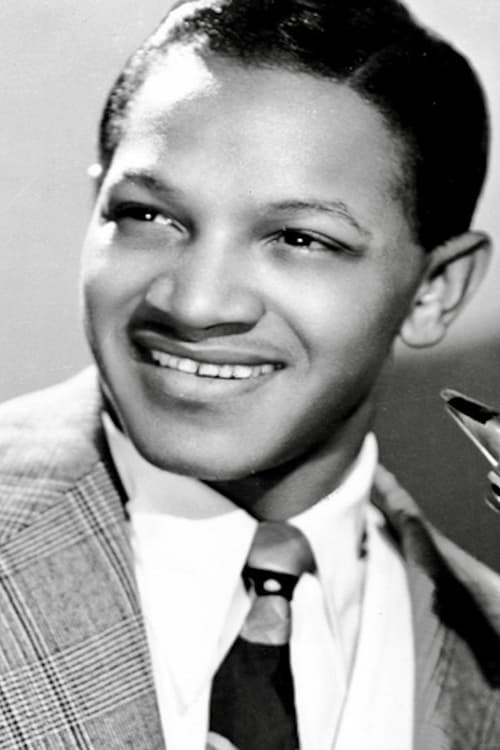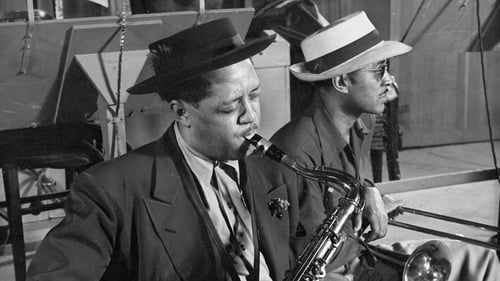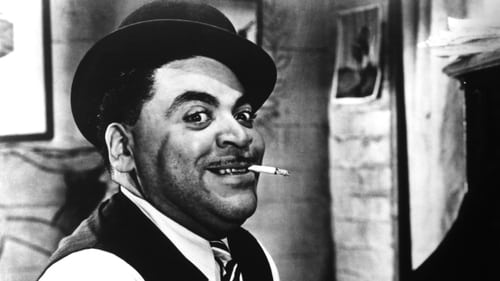Illinois Jacquet
Nascimento : 1922-10-31, Broussard, Louisiana, USA
Morte : 2004-07-22
História
Jean-Baptiste "Illinois" Jacquet (October 30, 1922 – July 22, 2004) was an American jazz tenor saxophonist, best remembered for his solo on "Flying Home", critically recognized as the first R&B saxophone solo.
Although he was a pioneer of the honking tenor saxophone that became a regular feature of jazz playing and a hallmark of early rock and roll, Jacquet was a skilled and melodic improviser, both on up-tempo tunes and ballads. He doubled on the bassoon, one of only a few jazz musicians to use the instrument.
Jacquet's parents were Creoles of color, named Marguerite Trahan and Gilbert Jacquet, When he was an infant, his family moved from Louisiana to Houston, Texas, and he was raised there as one of six siblings. His father was a part-time bandleader. As a child he performed in his father's band, primarily on the alto saxophone. His older brother Russell Jacquet played trumpet and his other brother Linton played drums.
At 15, Jacquet began playing with the Milton Larkin Orchestra, a Houston-area dance band. In 1939, he moved to Los Angeles, California, where he met Nat King Cole. Jacquet would sit in with the trio on occasion. In 1940, Cole introduced Jacquet to Lionel Hampton who had returned to California and was putting together a big band. Hampton wanted to hire Jacquet, but asked the young Jacquet to switch to tenor saxophone.
In 1942, at age 19, Jacquet soloed on the Hampton Orchestra's recording of "Flying Home", one of the first times a honking tenor sax was heard on record. The record became a hit. The song immediately became the climax for the live shows and Jacquet became exhausted from having to "bring down the house" every night. The solo was built to weave in and out of the arrangement and continued to be played by every saxophone player who followed Jacquet in the band, including Arnett Cobb and Dexter Gordon, who achieved almost as much attention as Jacquet in playing it. It is one of the few jazz solos to have been memorized and played very much the same way by everyone who played the song. He left the Hampton band in 1943 and joined Cab Calloway's Orchestra.
Jacquet appeared with Calloway's band in Lena Horne's movie Stormy Weather (1943). In the earlier years of Jacquet's career, his brother Linton Jacquet managed him on the chitlin circuit Linton's daughter, Brenda Jacquet-Ross, sang in jazz venues in the San Francisco Bay Area in the 1990s to early 2000s, with a band called the Mondo Players.
In 1944, Jacquet returned to California and started a small band with his brother Russell and a young Charles Mingus. It was at this time that he appeared in the Academy Award-nominated short film Jammin' the Blues with Lester Young. He also appeared at the first Jazz at the Philharmonic concert. In 1946, he moved to New York City, and joined the Count Basie orchestra, replacing Lester Young.
In 1952, Jacquet co-wrote "Just When We're Falling in Love" (Jacquet (m), Sir Charles Thompson (m), S. K. "Bob" Russell (l)). Jacquet continued to perform (mostly in Europe) in small groups through the 1960s and 1970s. He led the Illinois Jacquet Big Band from 1981 until his death. ...
Source: Article "Illinois Jacquet" from Wikipedia in English, licensed under CC-BY-SA 3.0.


